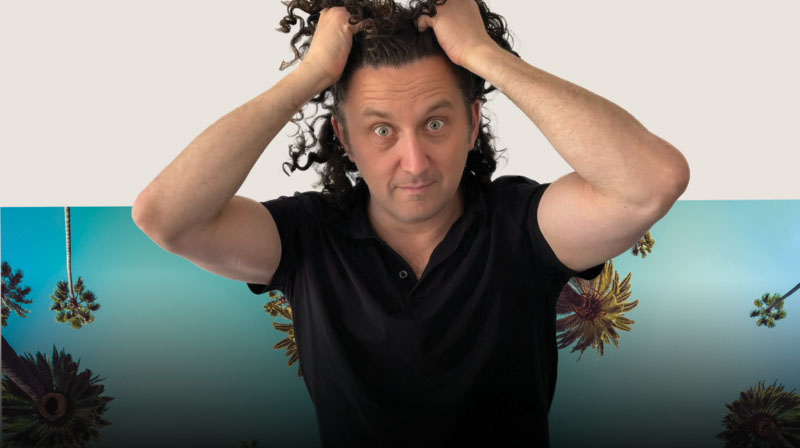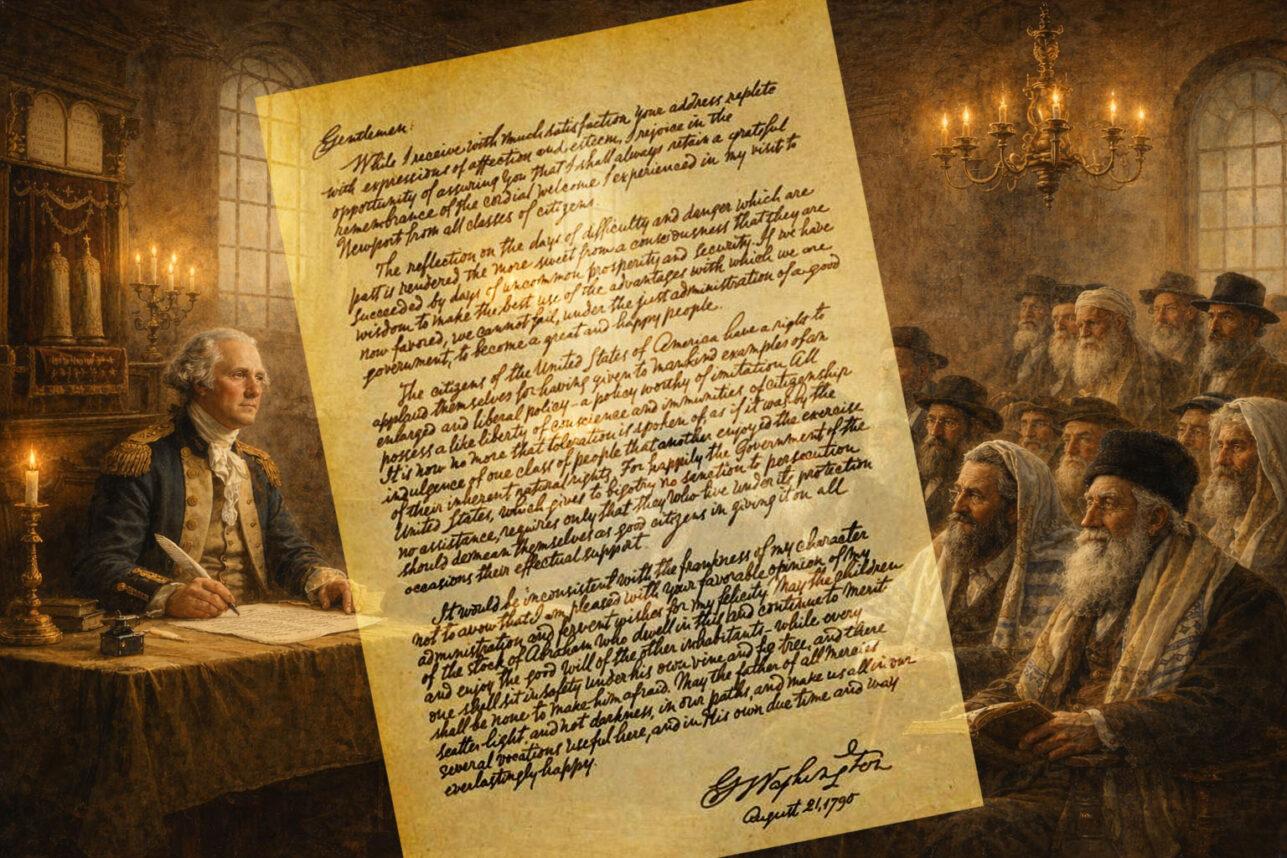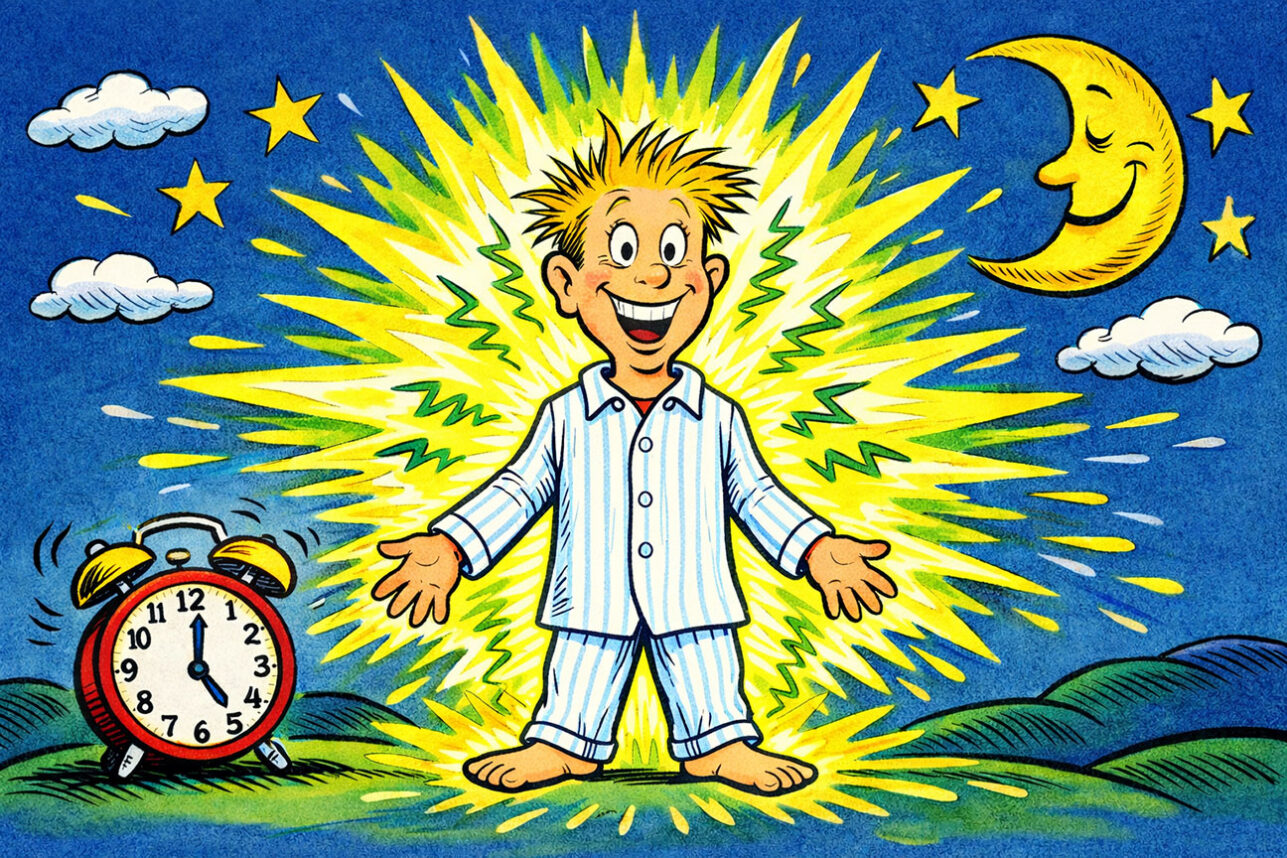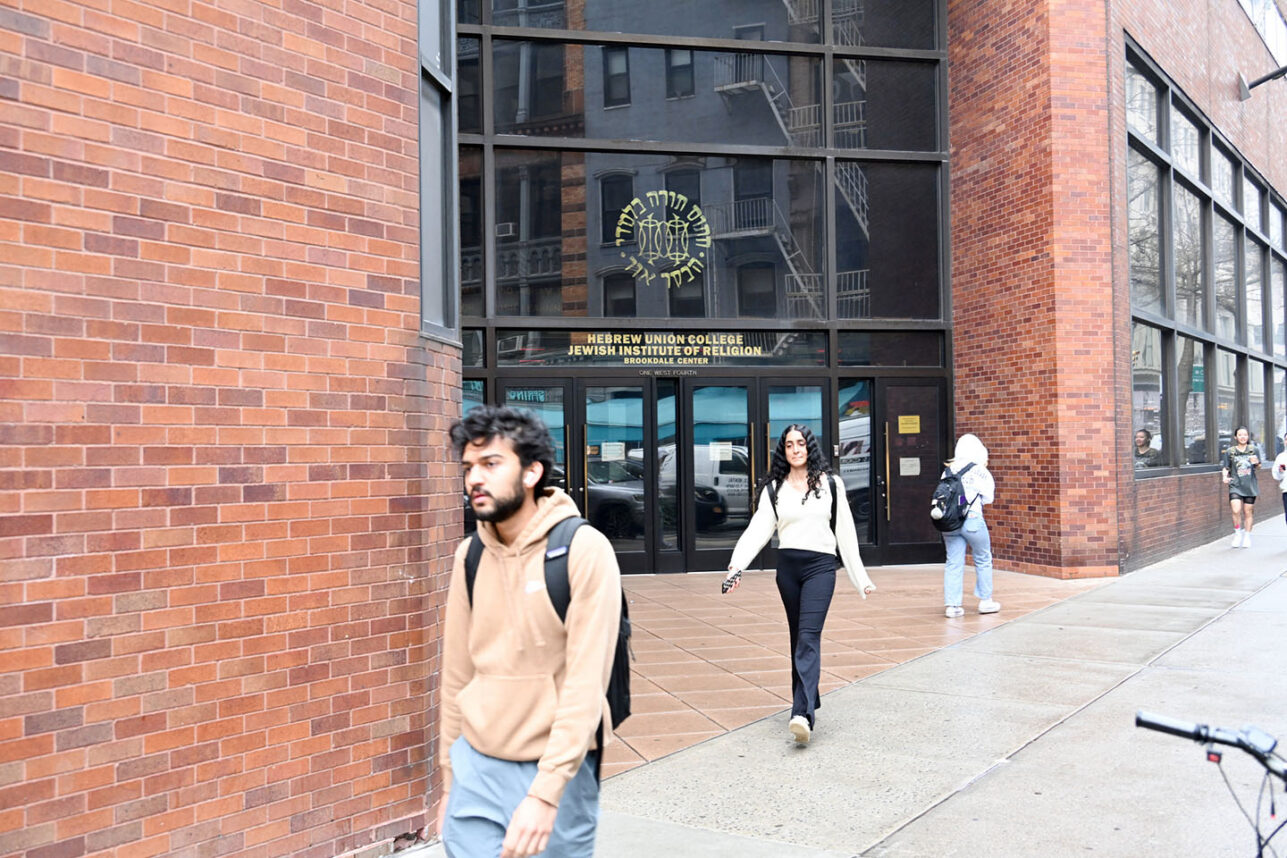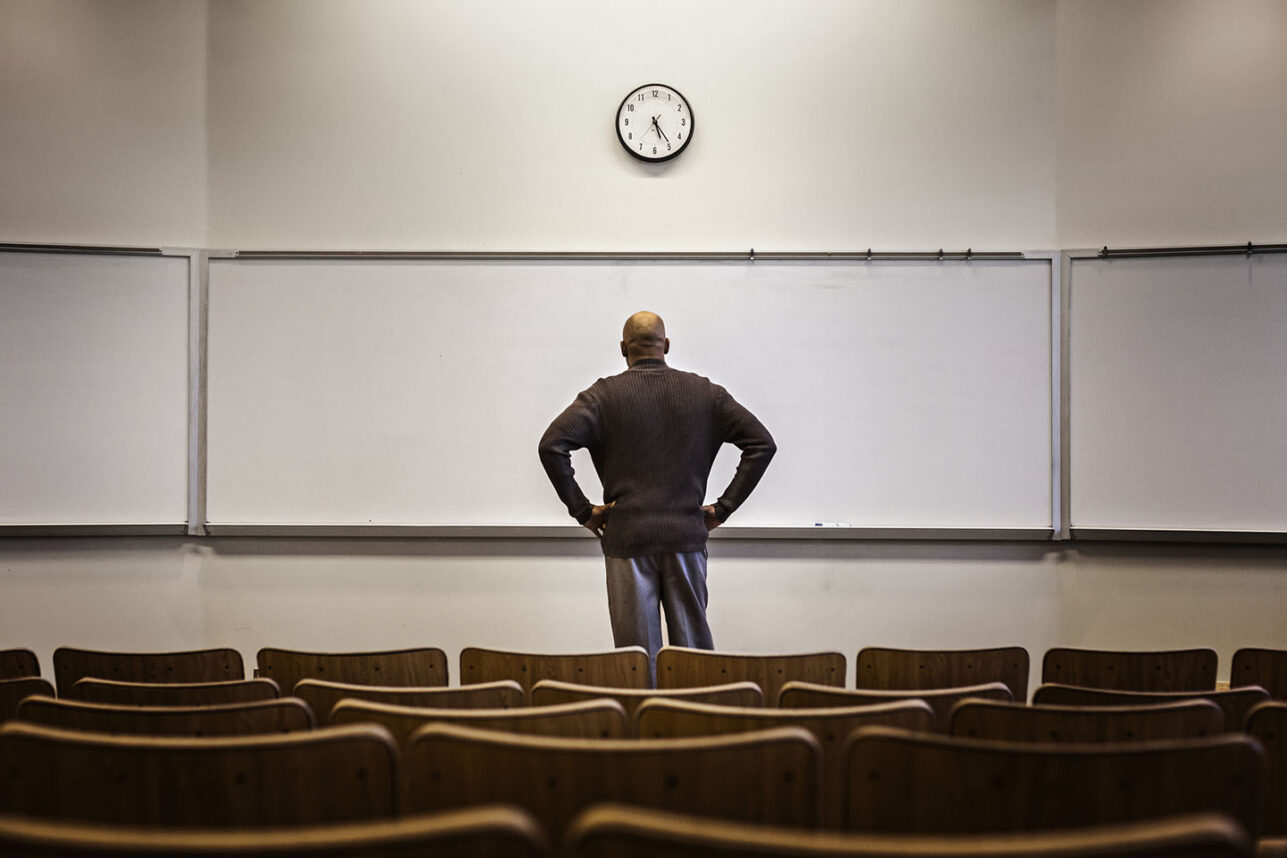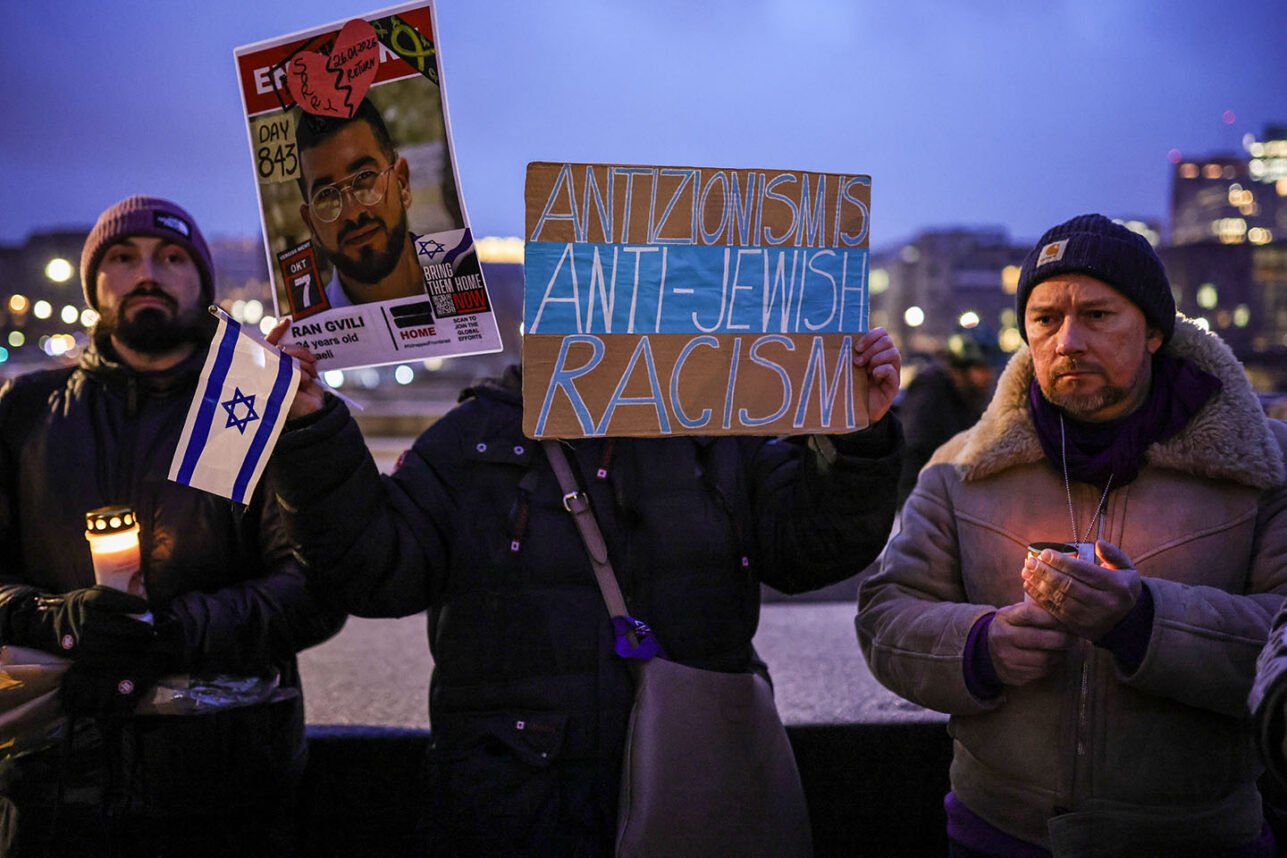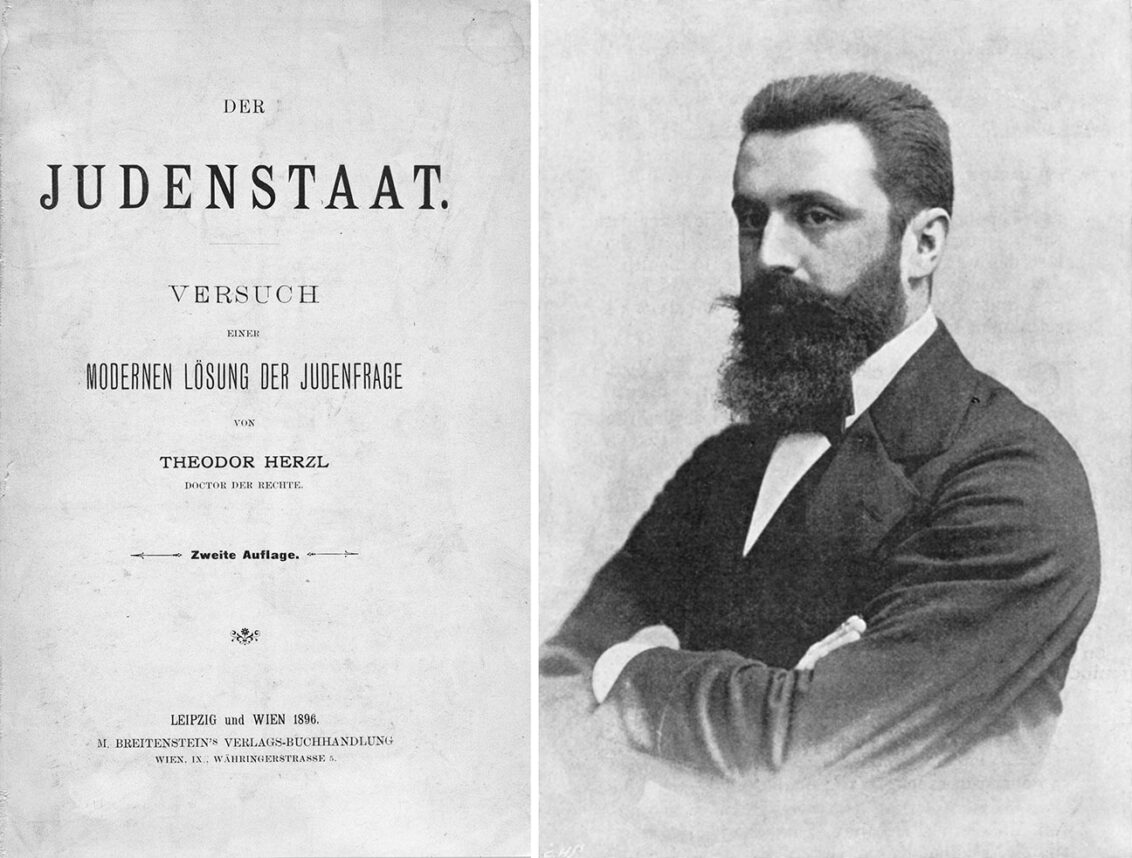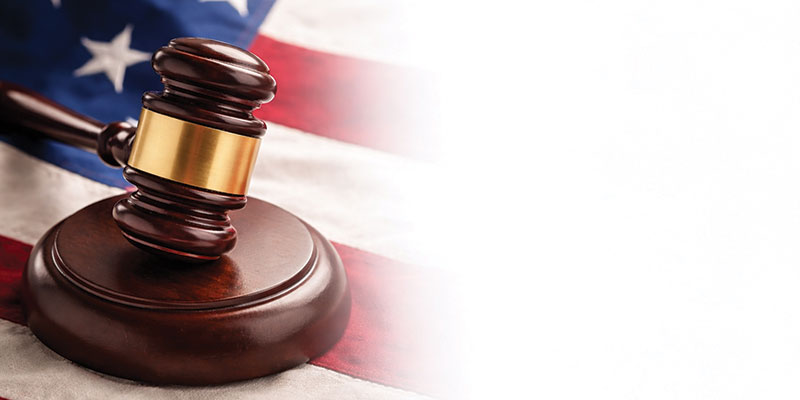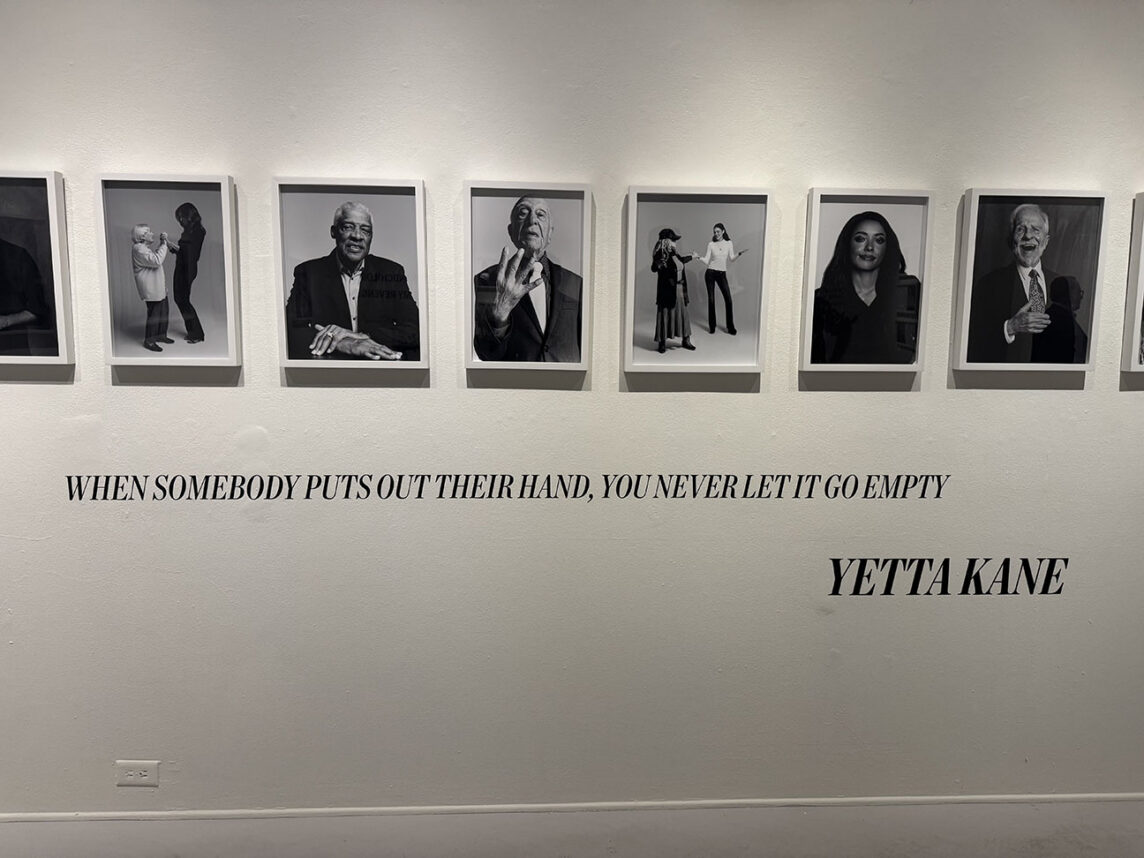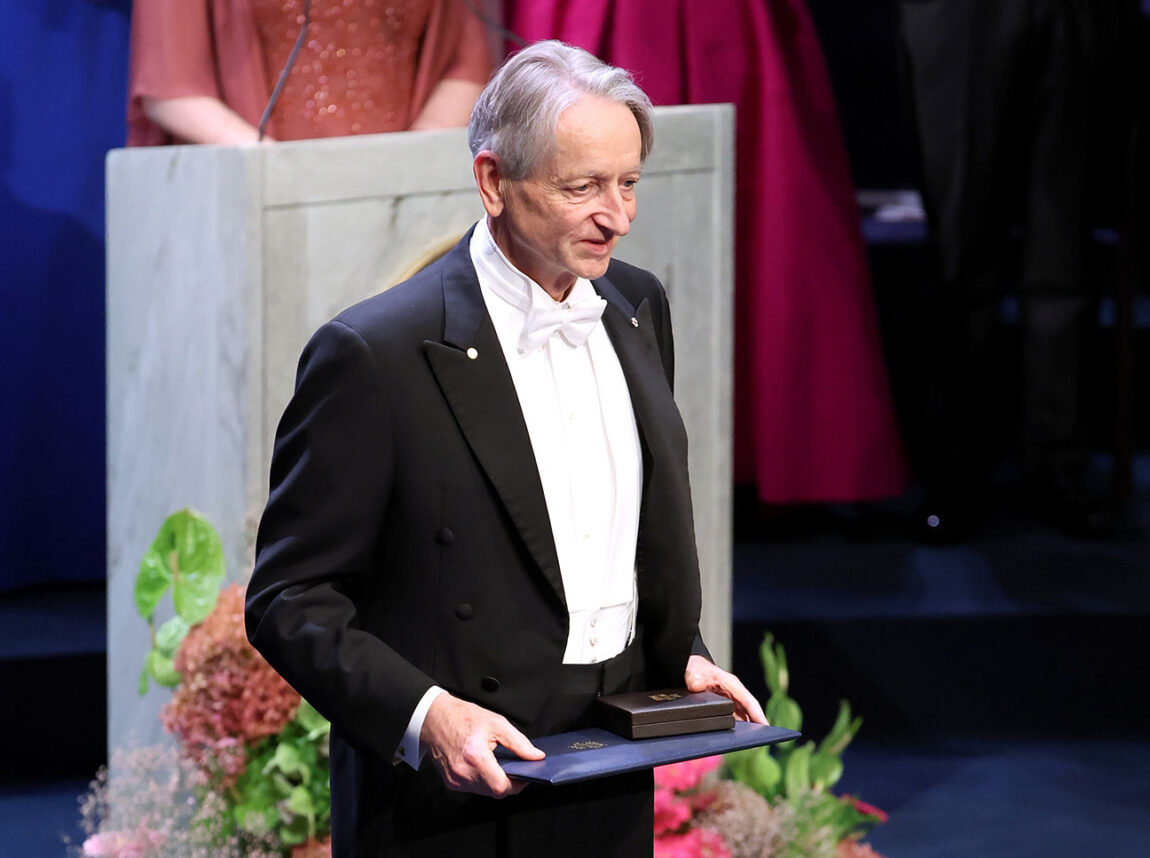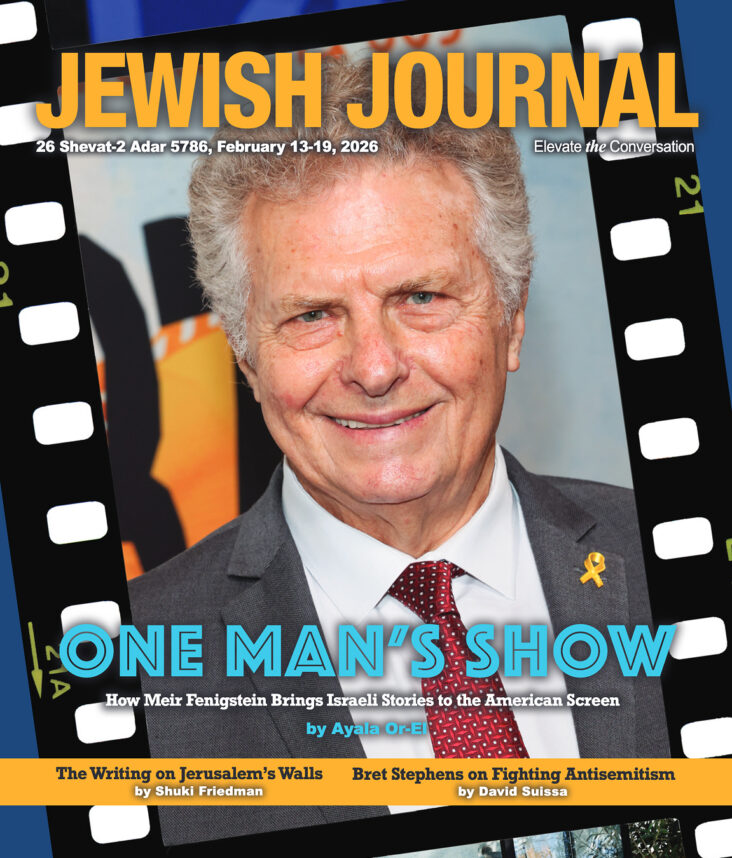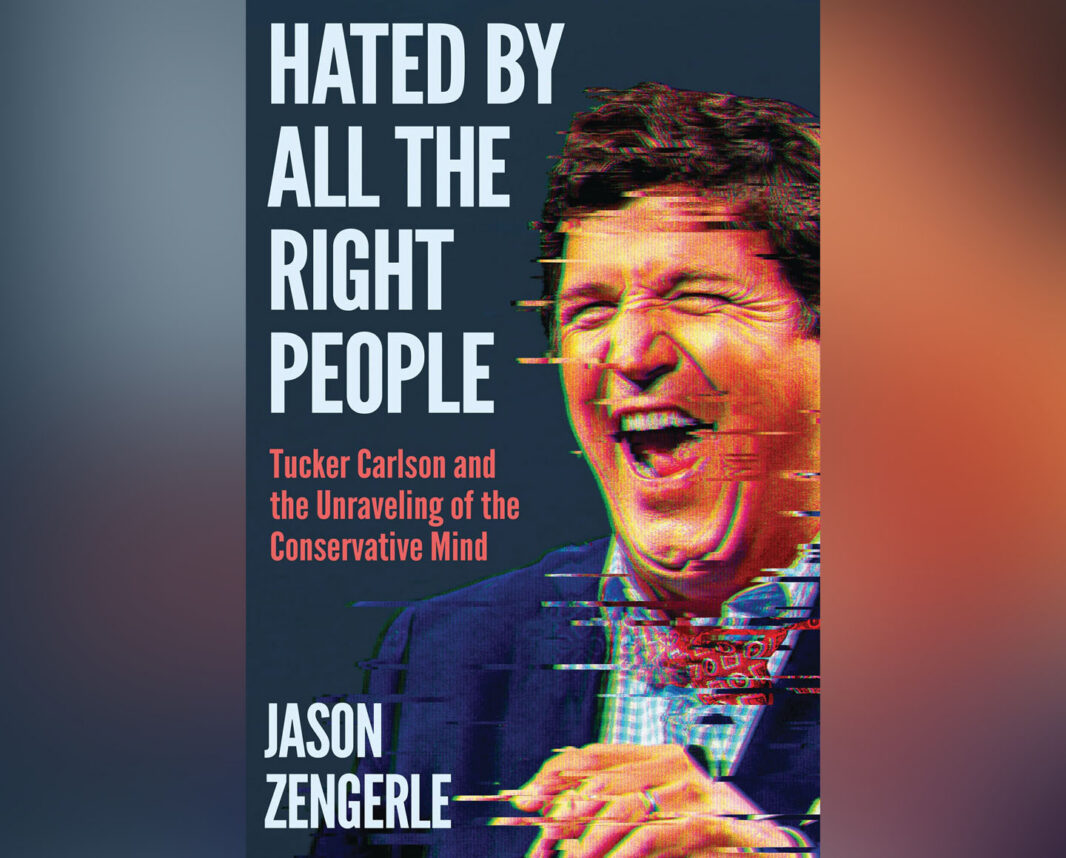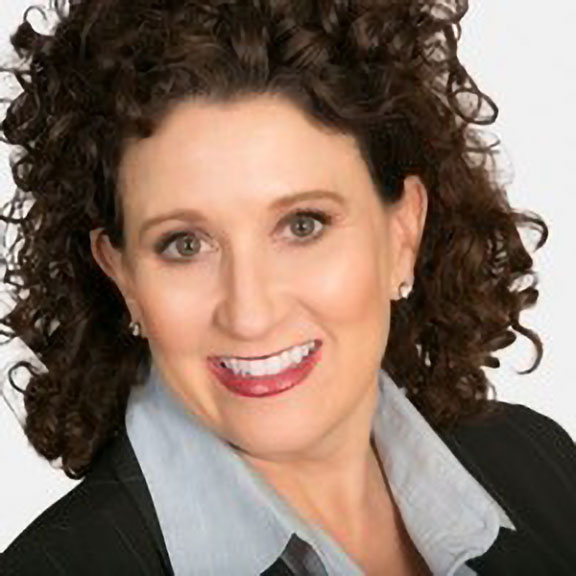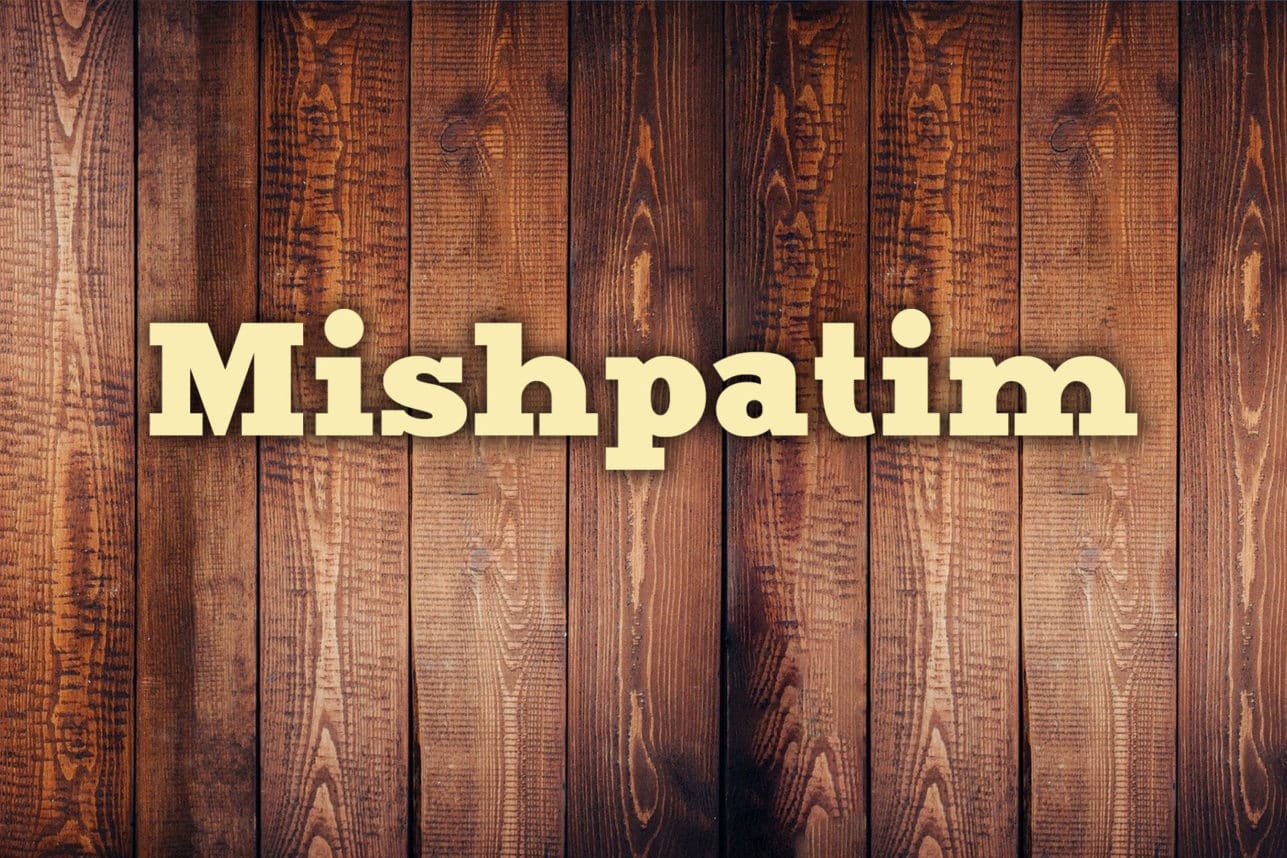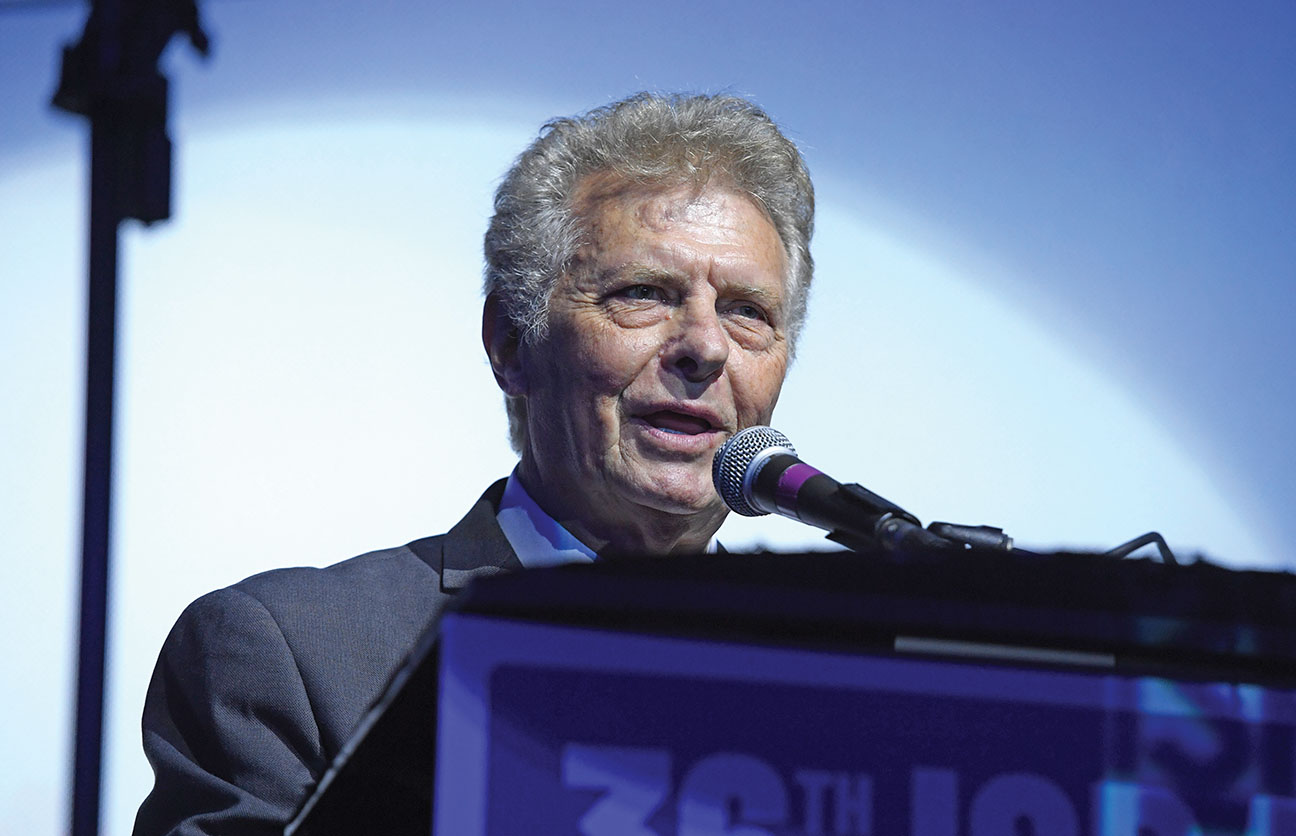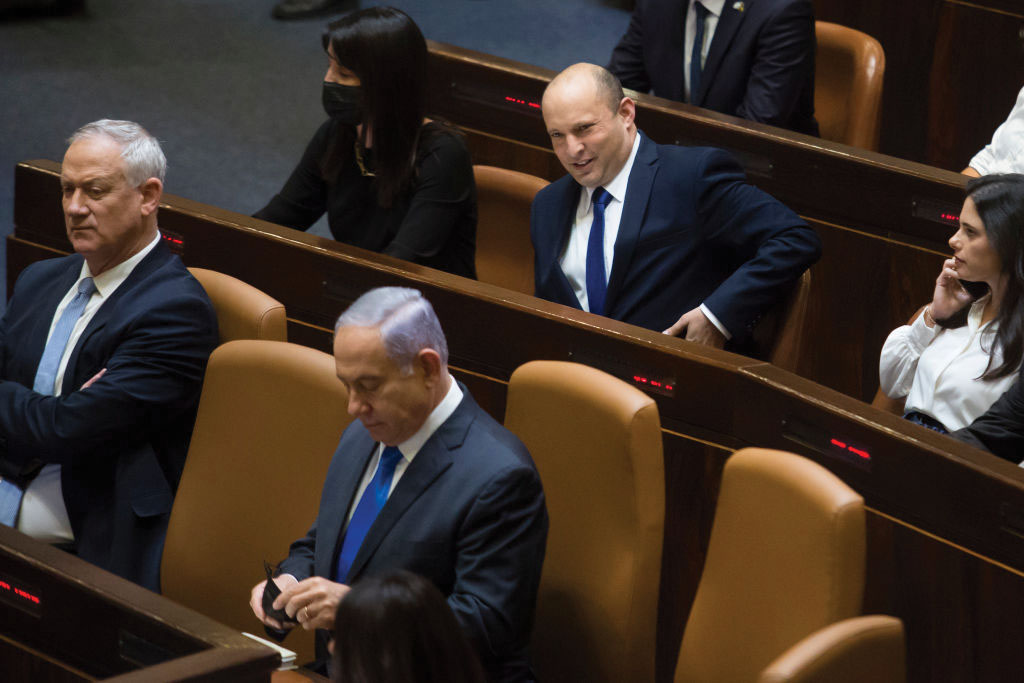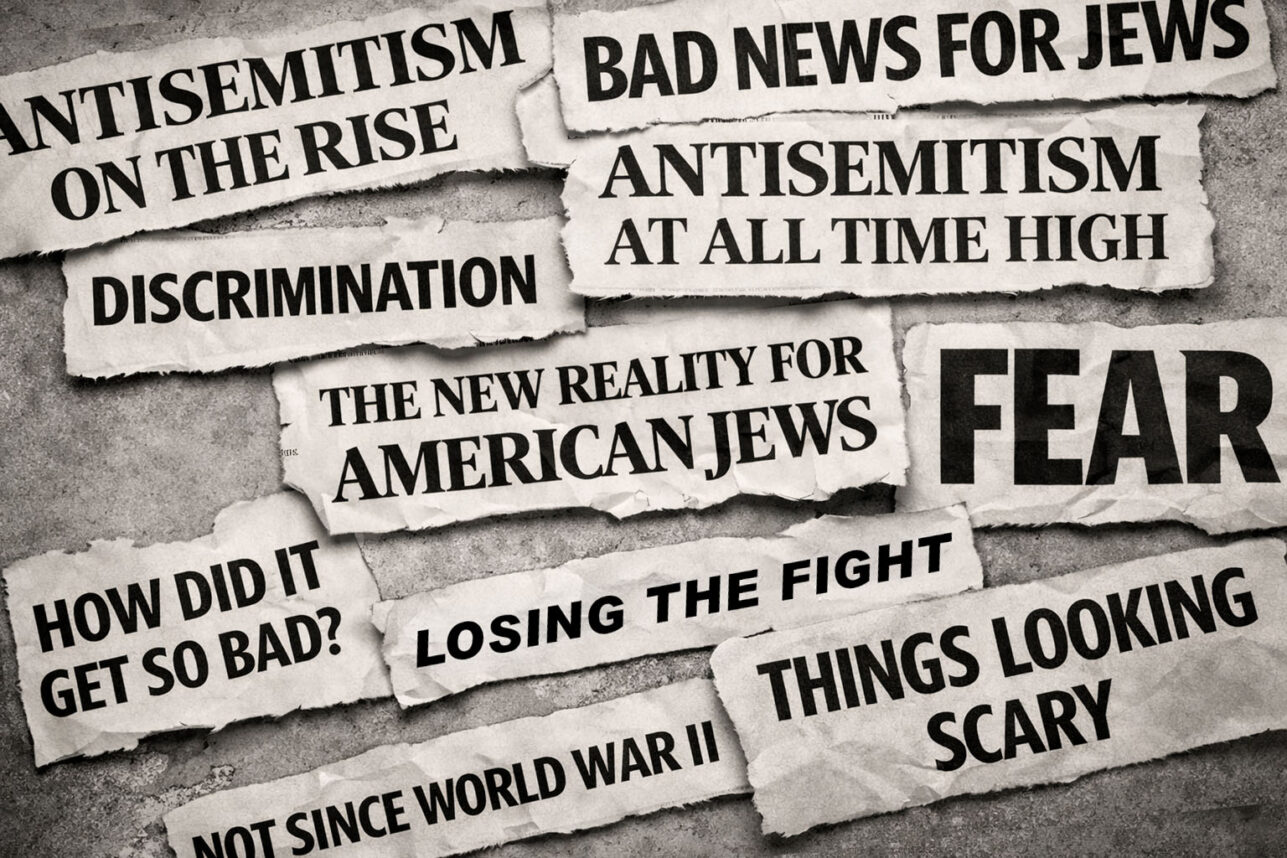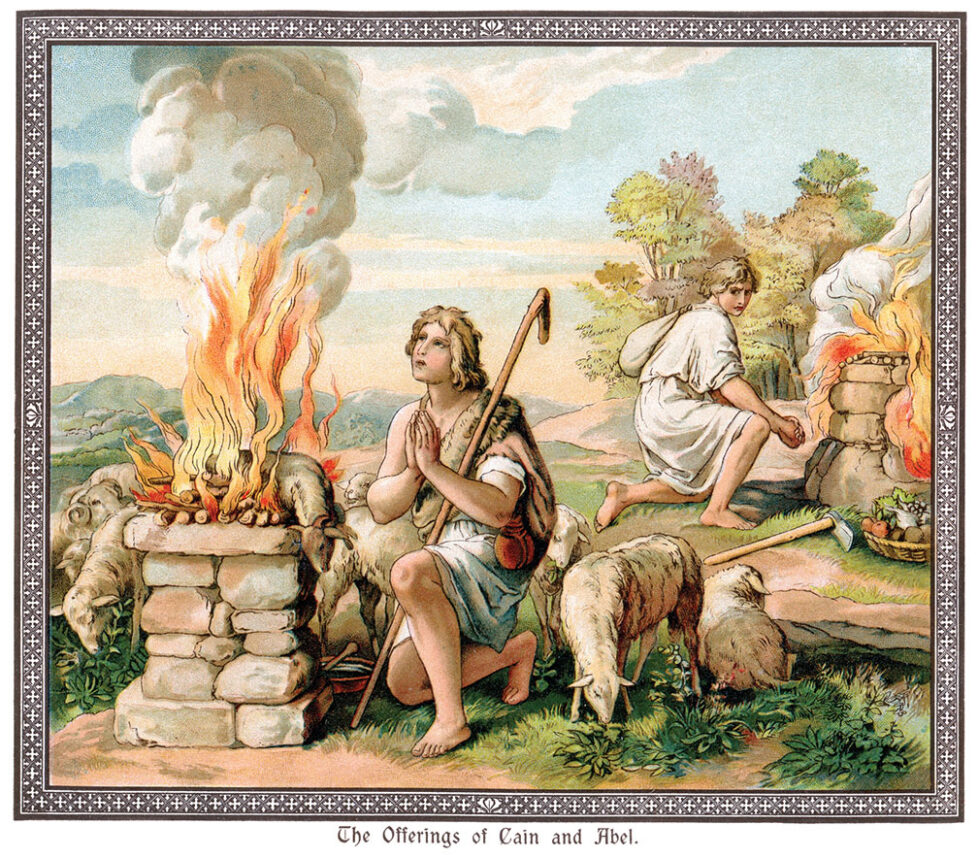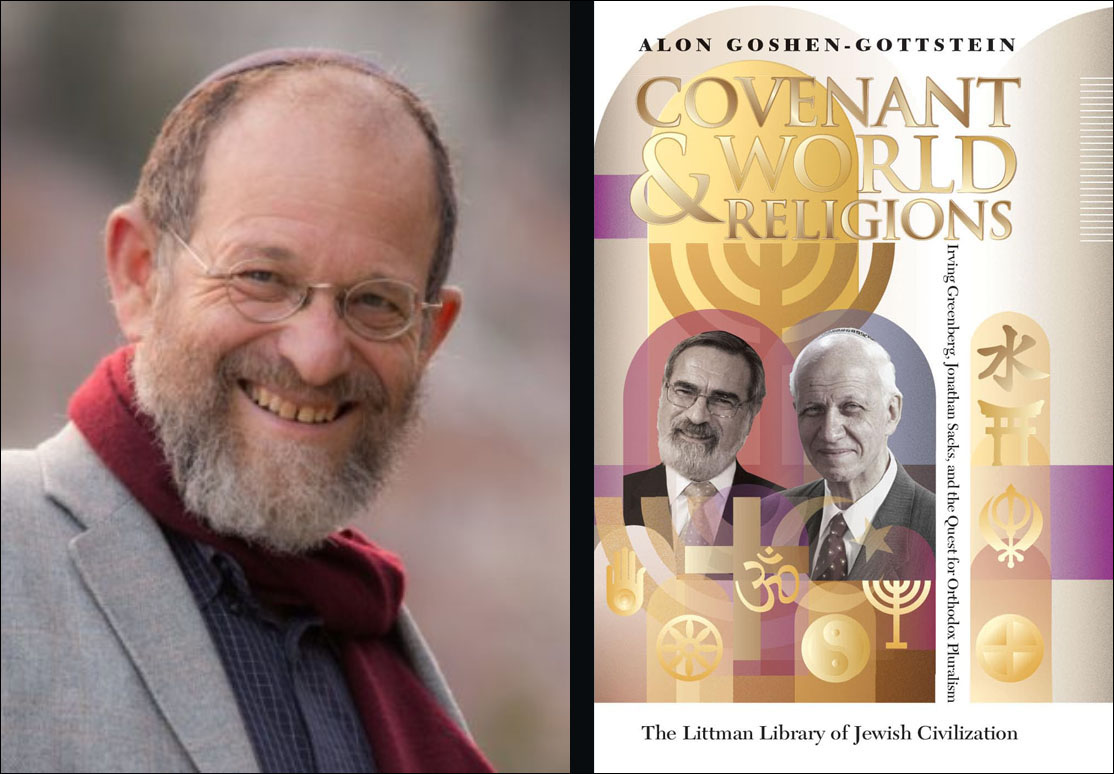
“You cannot be both Catholic and grown up,”
George Orwell once declared to Evelyn Waugh.
The devil with whom you must chose to sup
doesn’t care what gods you might adore
as long as you don’t worship that same one
in whom he finds belief to be impossible.
Though Waugh accepts the Father and the Son,
he said the Holy Ghost is not cognoscible.
Rejecting smelly orthodoxies, he
preferred to be eclectic in belief;
to those who hated him, a Pharisee,
a label he received with great relief.
Orwell hated Stalin lovers, Evelyn Waugh
hated all arms of the modern age,
but both men were more likely to guffaw
than burst into a horrid fit of rage.
Though Waugh was more funny and convivial,
while Orwell, being earnest, was more serious,
neither man regarded as quite trivial
the fact that they could see a deleterious
decline in the society in which
they both had been brought up, the center failing
to hold, dog biting dog and every bitch
wagged by another tail that it was tailing.
Neither of them could foresee the way that Putin
would dare to bare his breasts with satanodicy,
while with his adversaries disastrously disputin’
removing norms providing cover bodicie.
Orwell and Waugh could not have been aware
of the doctrine of synodality supported
by Popes Francis and Leo Fourteen, papal pair
who have cooperatively this concept courted,
echoing Leviticus’s two holy Codes:
one labeled Priestly Code,
the other: Code of Holiness,
the Catholic synod and
two biblically divergent roads;
synergic paths to priestliness
and universal souliness.
In “The New Pope Might Be Somewhat Like the Old Pope,” NYT, 5/8/25, David Gibson, the director of the Center on Religion and Culture at Fordham University, explains the doctrine of synodality, which is supported by the newly elected pope, Leo XIV, as it was by Pope Francis:
With the election of Cardinal Robert Prevost as Pope Leo XIV, the College of Cardinals sent a clear message of continuity with the reformist agenda of his predecessor Pope Francis. …..Francis’ favorite vehicle for those reforms goes by a bit of church jargon: synodality. It’s a term much bandied about but little understood. It refers to the gathering of church leaders and members to discuss and debate urgent issues. For Francis, it meant bringing together bishops and laypeople, women and young people — and yes, the pope — to speak openly and as equals about issues that were barred from discussion, much less consideration of solutions, in the past. Many conservatives read into how Francis conceived of synodality a veritable heresy that sowed confusion and ambiguity among the faithful. It was a manipulative way of changing the church, his critics believed.
Conservatives ramped up their oratory in the days leading up to the conclave. They made it clear that if the cardinals did not produce a pope more to their liking — demands couched in euphemistic terms like a need for unity and clarity — a schism in the church could be the result. But the cardinals made it clear they would not give in to a heckler’s veto.
When Leo emerged onto the balcony of St. Peter’s Basilica immediately after his election on Thursday, he told the roaring crowd in his characteristically deliberate manner, “We want to be a synodal church.” You could almost hear the air going out of the opposition’s sails. Leo will very likely be more understated than Francis and make every effort to reconcile with those who may disagree with him. But by all accounts, he is very determined……
Gershon Hepner is a poet who has written over 25,000 poems on subjects ranging from music to literature, politics to Torah. He grew up in England and moved to Los Angeles in 1976. Using his varied interests and experiences, he has authored dozens of papers in medical and academic journals, and authored “Legal Friction: Law, Narrative, and Identity Politics in Biblical Israel.” He can be reached at gershonhepner@gmail.com.









